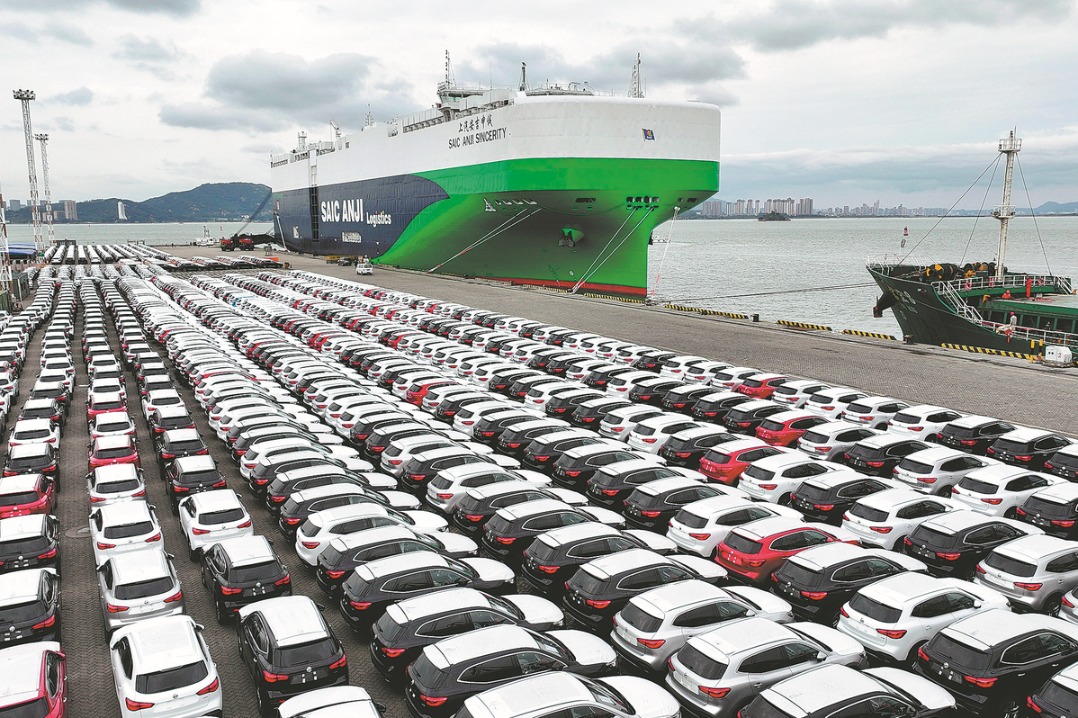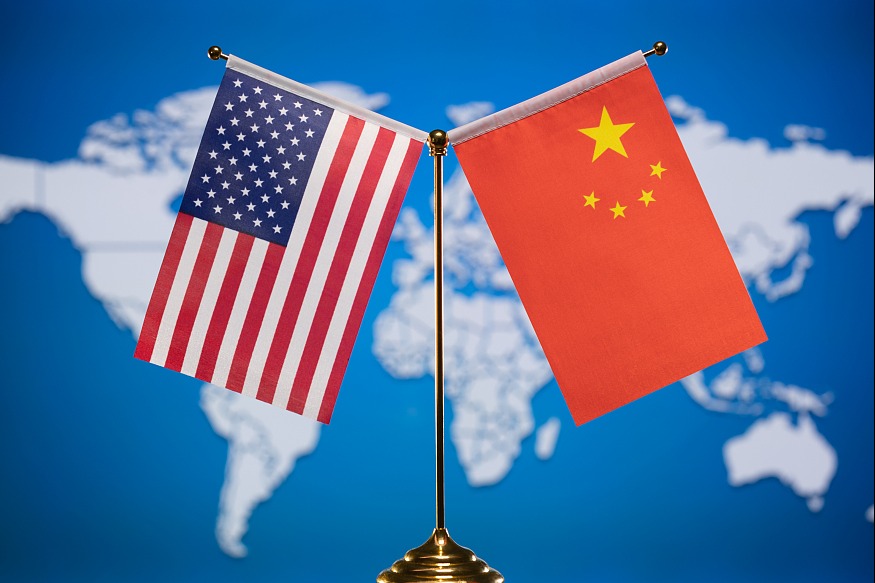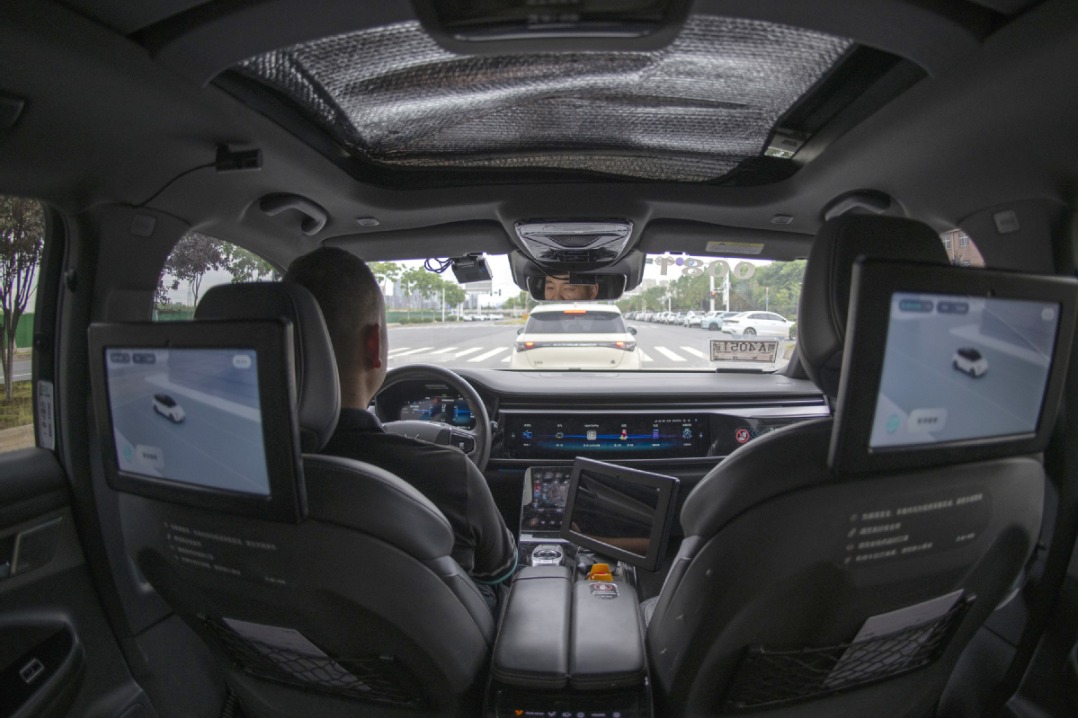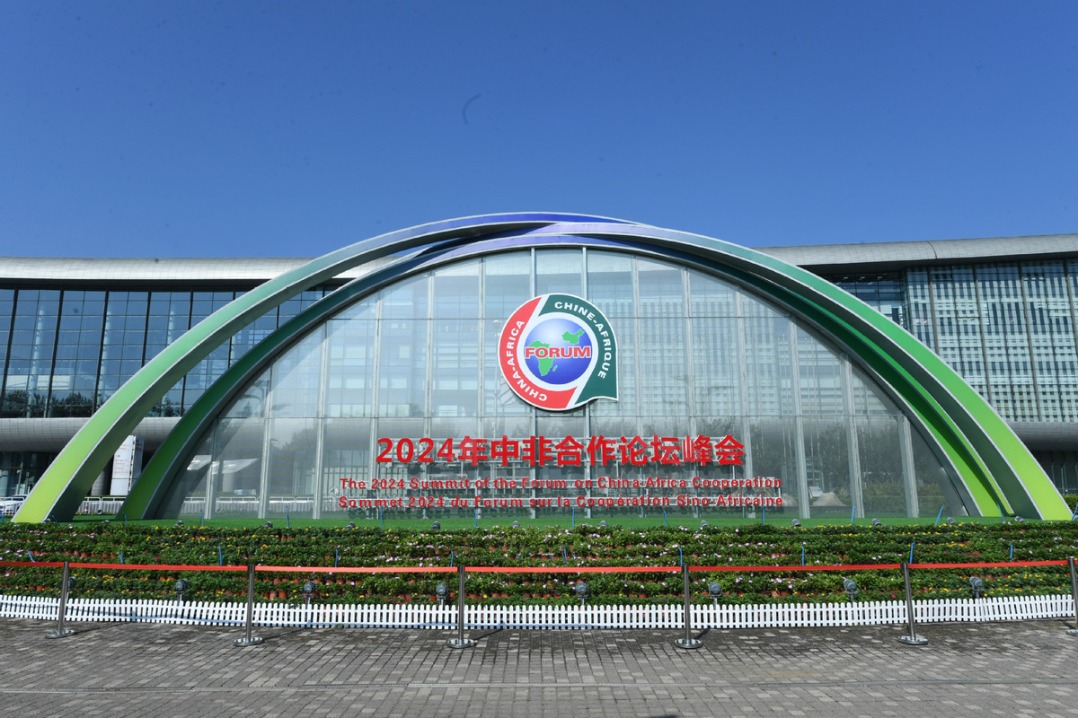EU exposes its loss of strategic autonomy over Ukraine crisis


President of the European Council Charles Michel wrote to Hungary's Prime Minister Viktor Orban on Tuesday saying that Hungary's EU presidency does not qualify him to represent the EU internationally, nor was he authorized by the European Council to represent the EU in international affairs. Michel was responding to an earlier letter from Orban to all EU leaders as part of his mediation efforts to resolve the Ukraine crisis. In the letter, Orban mentioned that US President Joe Biden cannot change the US' pro-war policy, but if the US Republican presidential candidate Donald Trump wins the election in November, the latter will immediately act as a mediator in the conflict between Russia and Ukraine, and the situation will be unfavorable to Europe, which has followed the pro-war policy of the Biden administration.
It is fully justified that Orban suggested that the EU develop a strategic approach to sovereign independence and reopen direct diplomatic channels of communication with Russia, while maintaining high-level contacts with Ukrainian authorities and holding talks with China on the format of the next peace conference.
Although Michel denied that the EU was pursuing a "pro-war" policy against Russia, the EU, as all can see, has been taken advantage of to that effect by the US.
Earlier this month, Orban visited Ukraine, Russia, China, and the United States to meet with Trump at the latter's Mar-a-Lago resort.
On July 12, Orban wrote the above letter to the leaders of other EU member states, making some suggestions based on the results of the trip. The EU claims it seeks to build a lasting, balanced and just peace mechanism. But the bloc is drifting even farther away from realizing that objective compared with two years ago, as it has surrendered its strategic autonomy to Washington over the issue.
Fundamentally, the EU leadership is gripped in a deep fear of Russia — which actually only tries to keep a buffer zone in the face of the North Atlantic Treaty Organization's eastward expansion — and it counts on the US to protect the bloc's security through NATO. So Brussels has given up communication with Russia, completely throwing its weight behind the US' geopolitical game in Europe and beyond.
It has not only unconditionally joined the US-led sanctions on Russia and provided all it can to support Ukraine in the conflict that benefits only the US, but also continuously tried to smear China, a long-term peace broker that maintains stable exchanges with both Kyiv and Moscow, over the Ukraine crisis and other issues.
That is why the EU leadership has sought to undermine the tremendous pro-peace efforts Orban has made.
The EU's criticism that Orban cannot represent the bloc is totally unfounded for the Hungarian leader has never claimed his shuttle diplomacy was on behalf of the EU and none of his hosts took that to be the case.
Brussels should praise Orban's pro-peace efforts. The only reason the EU has been so critical of Orban's efforts is that they are not in accordance with what Washington wants the EU to do.


































